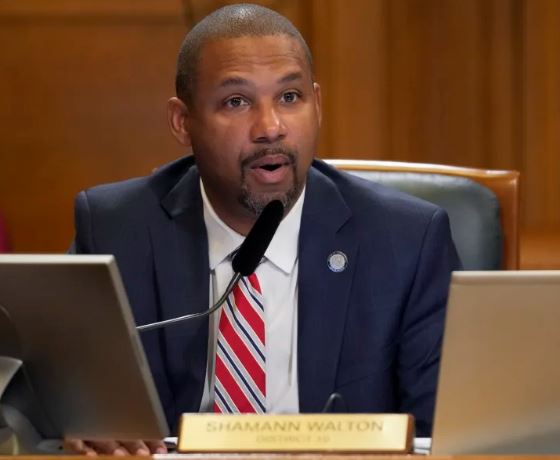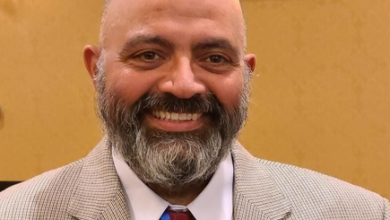San Francisco Offers Formal Apology to Black Community for Historic Injustices

In a momentous gesture, San Francisco’s Board of Supervisors issued a formal apology to African Americans and their descendants for the city’s long-standing role in perpetuating racism and discrimination. This historic resolution, passed unanimously with all 11 board members as sponsors, acknowledges decades of systemic and structural discrimination, targeted violence, and injustices endured by the Black community.
Supervisor Shamann Walton, the primary advocate for the resolution, emphasized its significance as the first step toward rectifying past wrongs. The apology acknowledges San Francisco’s complicity in historical injustices, echoing similar moves made by other cities and states across the United States.
San Francisco’s resolution marks the first recommendation from over 100 proposals put forward by the African American Reparations Advisory Committee to receive approval. While the resolution signifies progress, proposals for substantial reparations, including a $5 million lump-sum payment and guaranteed income for eligible Black adults, await further action.
Despite the apology, some supervisors criticized ongoing policies and initiatives that disproportionately affect Black residents, highlighting the need for genuine commitment to addressing systemic inequities. Supervisor Dean Preston, representing the historically Black Fillmore neighborhood, emphasized the importance of tangible actions beyond mere apologies, calling for policies that prioritize affordable housing and community well-being.
Mayor London Breed, while acknowledging the importance of reparations, has advocated for national-level action and faced budgetary constraints in addressing local initiatives. Nevertheless, the resolution acknowledges past injustices, including property redlining and urban renewal projects that displaced Black residents, contributing to the racial wealth gap.
The resolution’s findings shed light on enduring disparities, such as disproportionately high rates of homelessness among Black residents, underscoring the urgency of addressing systemic inequities. With California’s groundbreaking efforts to explore reparations at the state level, advocates urge San Francisco to expedite the adoption of policies aimed at improving education, employment, and housing opportunities for the Black community.
Cheryl Thornton, a city employee and advocate for reparations, emphasized the need for comprehensive measures to address current challenges faced by Black residents, including disparities in healthcare and education. While the apology marks a significant milestone, the journey toward true equity and justice for San Francisco’s Black community continues.





